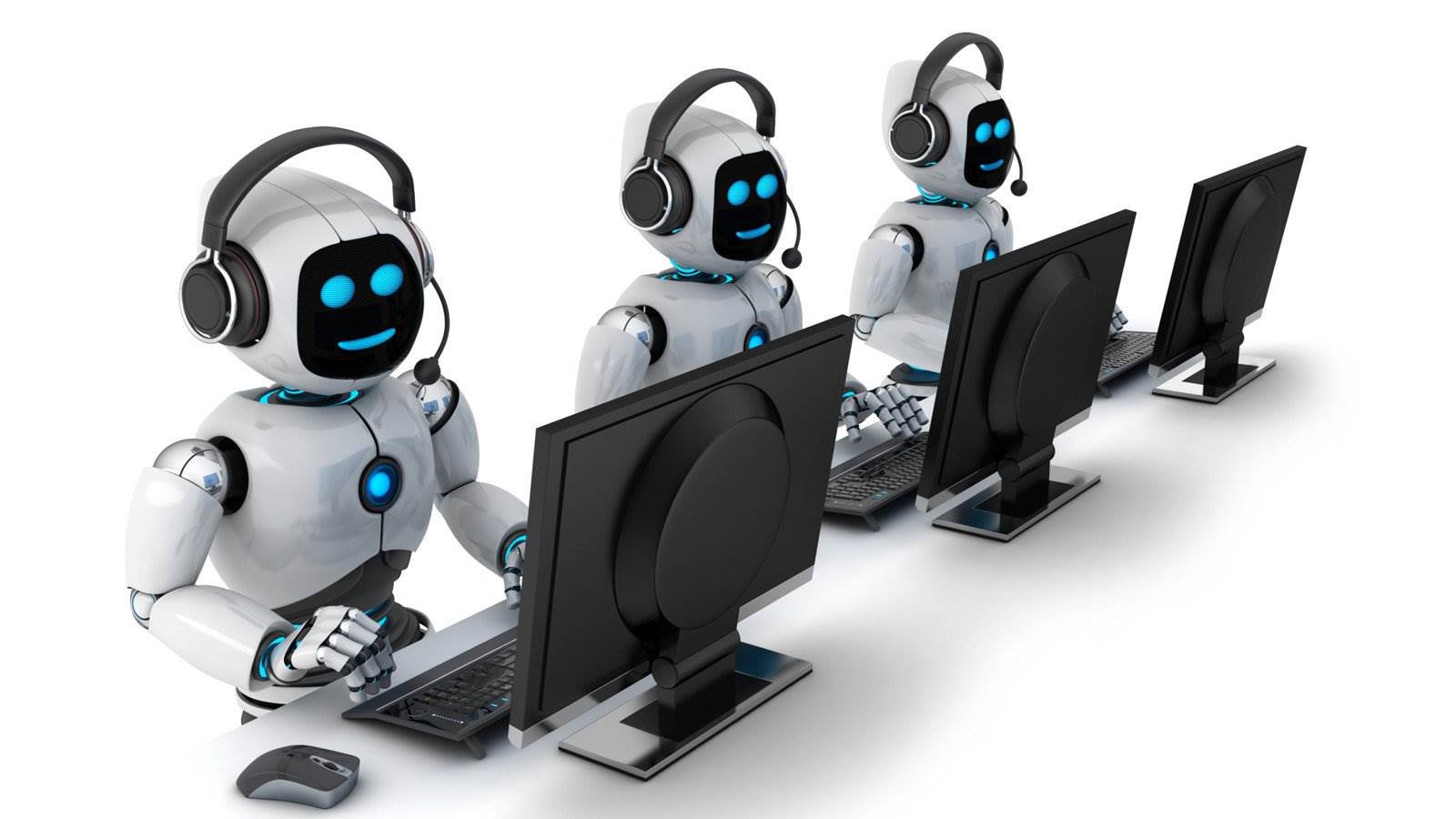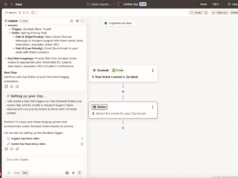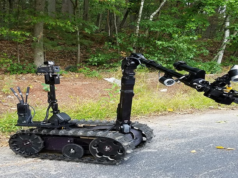Gates suggests that a robot tax could help prevent job losses as automation takes over.
As robotics and artificial intelligence begins to come of age, automation of many of our previously human-run industries is fast approaching. One example is the trucking industry; once autonomous cars become reliable enough that companies and governments feel safe letting them on the road without drivers, the truck driving profession will likely become a thing of the past in the developed world. On one hand, that’s very exciting. On the other hand, it means a lot of lost jobs.
To combat the latter point, Microsoft’s co-founder Bill Gates proposes a robot tax. In an interview with Quartz, Gates argues that taxing robot workers would provide funding that could train humans for the jobs they’re still needed for (such as child or senior care). It may also help slow automation a bit, to make the transition more manageable, and allow us time to find solutions for the unemployment issue.
Gates does understand that such a tax will work to slow innovation, and may even have the effect of making robots prohibitively expensive to employ. Obviously, we don’t want that, but he remains adamant that Governments need some kind of policy so we’ll be ready when there’s a large number of unemployed workers who suddenly find themselves with nowhere to turn.

Bill Gates
The proposed tax isn’t garnering much support however; The European Parliament has rejected the idea, and is instead hoping to create regulations to steer the ethics behind creating and deploying robots, including determining who’s liable if things go wrong. The parliament says they don’t want to leave such guidelines to “third countries”. Robot manufacturers will likely be happy that Gates’ tax isn’t being considered, but the same can’t be said for those who’d like a safety net against mass deployment of robots.
source: Quartz





